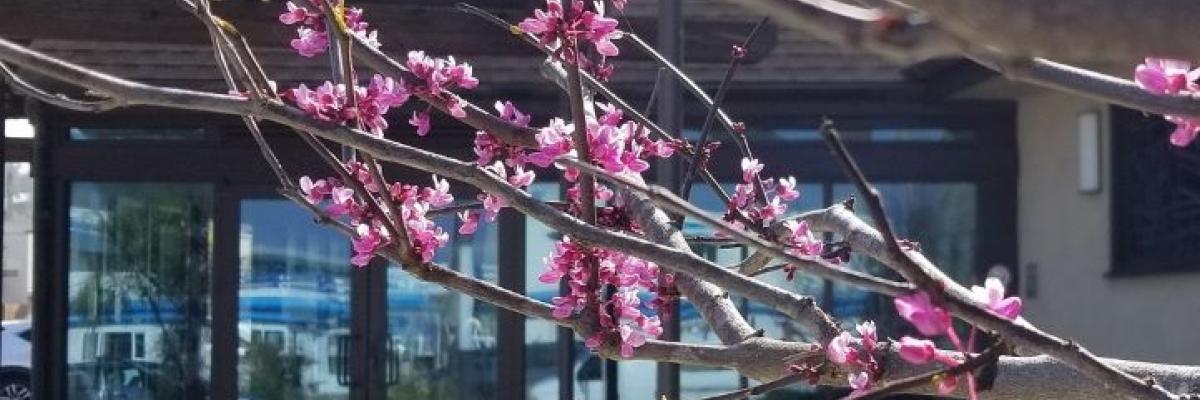When the pandemic first began and the world stood still, the ecosystems around us did some pretty amazing things. New wildlife was spotted on neighborhood walks, the beaches became inhabited by fuzzy caterpillars that are usually run out by pedestrians, carbon dioxide levels dropped significantly. It was confirmed for us that letting things rest is good for the whole.
But at a later point in the pandemic lock down, as hair salons closed, as supply chains shuttered, as students were set back years, and mental health plummeted - and whether or not we agreed with the decision to lock down, another truth was exposed: we need movement. Without movement there is stagnation which breeds all kinds of unhealth.
The same can be said of our money. If money doesn’t move, it breeds unhealth, which is why Jesus is always instructing us to give it away!
Some interesting facts about money:
- “Money was created to enhance human transactions of exchange.”[1] It was never meant to be a commodity unto itself but a thing to be exchanged for another thing, like bread or wine or lumber.
- “The word currency comes from the Medieval Latin word currentia, which literally means ‘a flowing’, and from the Latin word currere, which means ‘to run or flow.”[2] Money was intended to move, to flow, to be exchanged for blessings, not to be kept as an end unto itself.
- We, the people who exchange our money for something else, determine its value. Eric Law, an Episcopal priest says that you can use $1,000 to buy a paper napkin with the autograph of a celebrity or you can feed 500 hungry kids for a day. You decide it’s worth.
Often, people of faith can be quite frugal. We know what Jesus has to say about money so we do not make the acquisition of wealth a priority, which is a means of being faithful! But there is more to healthy stewardship than simply the “not-spending” or “not-making” of money. There are so many more interesting questions than simply, “How much did we save this year?”
As we dive into stewardship in the week to come, ask yourselves:
- Do I think of money as a commodity or as a medium of exchange? It is the end or the means?
- How is my money flowing? Like a steady stream? Like a trickle from a large reservoir? Like a flash flood that leaves a parched creek bed in its wake?
What do I turn my money into? Do I turn it into nourishment? Shelter? Do I turn it into community? For me or for others? And then what do those commodities become?
- At St. Peter’s for example, this past year, money was turned into a cold refrigerator and air-conditioned classrooms that gave shelter and a place to host meals for Lutheran college kids on Labor Day weekend who turned their stay into friendships which become a source of wellness, which shares God’s love on their college campus.
- Money is exchanged for bread and wine which becomes the body of Christ which nourishes our community to take Christ out into the world around us. It is exchanged for my time and efforts in preparing sermons and planning bible studies which (hopefully) become meaningful encounters with God’s Word which…well…that has the power to become more than we can imagine!
- This is the way I’m inviting you to think: not about savings but about circulation. What is your money becoming in all the areas of your life? How and where are you circulating it? Remember, the pandemic taught us that we need movement in all things, money included.
Peace,
Pastor Bekki
[1] Holy Currencies. Eric H.F. Law. Chalice Press: St. Louis MO. p 133
[2]Holy Currencies. Eric H.F. Law p 10

